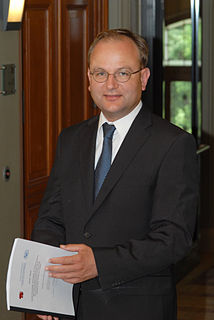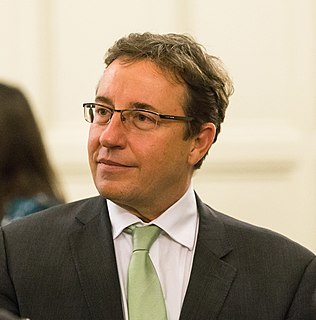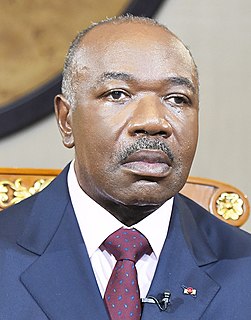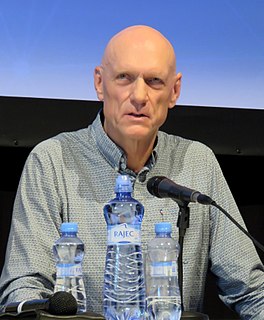A Quote by Ottmar Edenhofer
But one must say clearly that we redistribute de facto the world's wealth by climate policy...One has to free oneself from the illusion that international climate policy is environmental policy any more.
Related Quotes
First of all, developed countries have basically expropriated the atmosphere of the world community. But one must say clearly that we redistribute de facto the world's wealth by climate policy. Obviously, the owners of coal and oil will not be enthusiastic about this. One has to free oneself from the illusion that international climate policy is environmental policy. This has almost nothing to do with environmental policy anymore.
With Climate Change as a Security Risk, WBGU has compiled a flagship report on an issue that quite rightly is rising rapidly up the international political agenda. The authors pull no punches on the likelihood of increasing tensions and conflicts in a climatically constrained world and spotlight places where possible conflicts may flare up in the 21st century unless climate change is checked. The report makes it clear that climate policy is preventative security policy.
The policy that received more attention particularly in the past decade and a half or so has been the US cocaine policy, the differential treatment of crack versus powder cocaine and question is how my research impacted my view on policy. Clearly that policy is not based on the weight of the scientific evidence. That is when the policy was implemented, the concern about crack cocaine was so great that something had to be done and congress acted in the only way they knew how, they passed policy and that's what a responsible society should do.
But no matter how big the effort to push a propaganda line might be, climate change is bigger. This, undoubtedly and regrettably, is the biggest immediate long-term environmental challenge we face. A failure to concretely come to some policy outcome on climate change has not only a negative environmental impact but also social and economic consequences for us.
Foreign policy always has more force and punch when the nation speaks with one voice. To remain secure, prosperous, and free, the United States must continue to lead. That leadership requires a president and Congress working together to fashion a foreign policy with broad, bipartisan support. A foreign policy of unity is essential if the United States is to promote its values and interests effectively and help to build a safer, freer, and more prosperous world.
Other ways of looking at the environmental or climate change stuff is to frame it in the context that it is simultaneously a public health issue. One out of eight premature deaths worldwide happens because of air pollution. The worst power plant in America kills 278 people a year and causes 445 heart attacks. So, when we improve air quality we improve our lives, and at the same time we improve the climate as well. We must see climate policy from this perspective and not as an abstract threat that may threaten our survival in 100 years.































